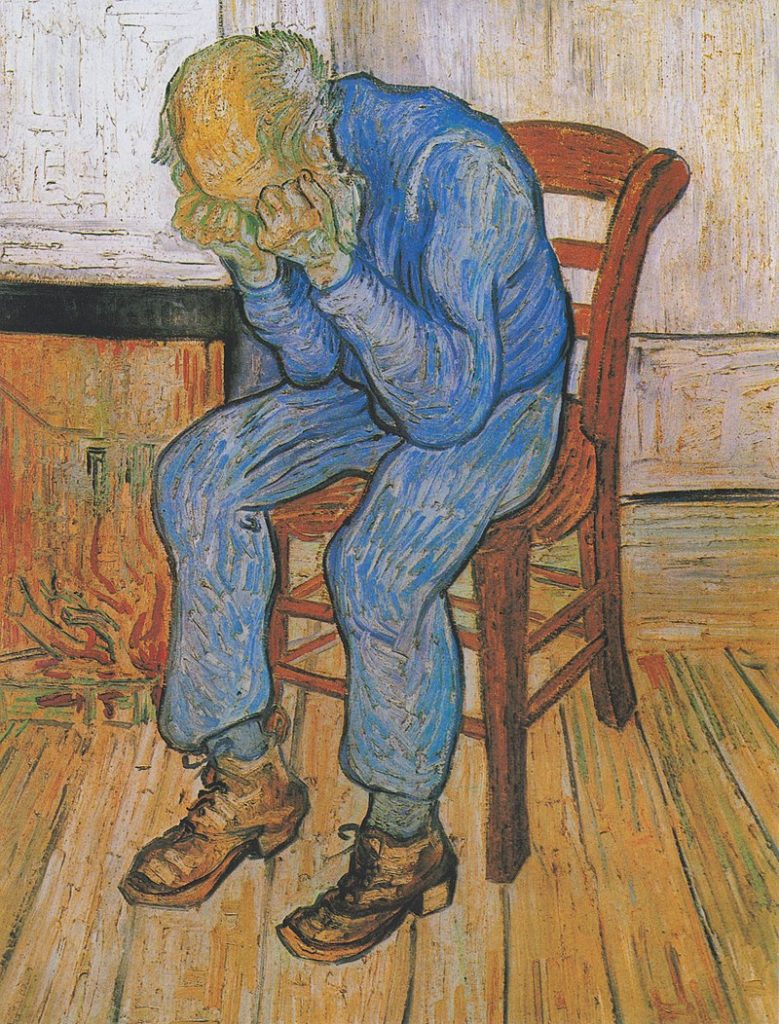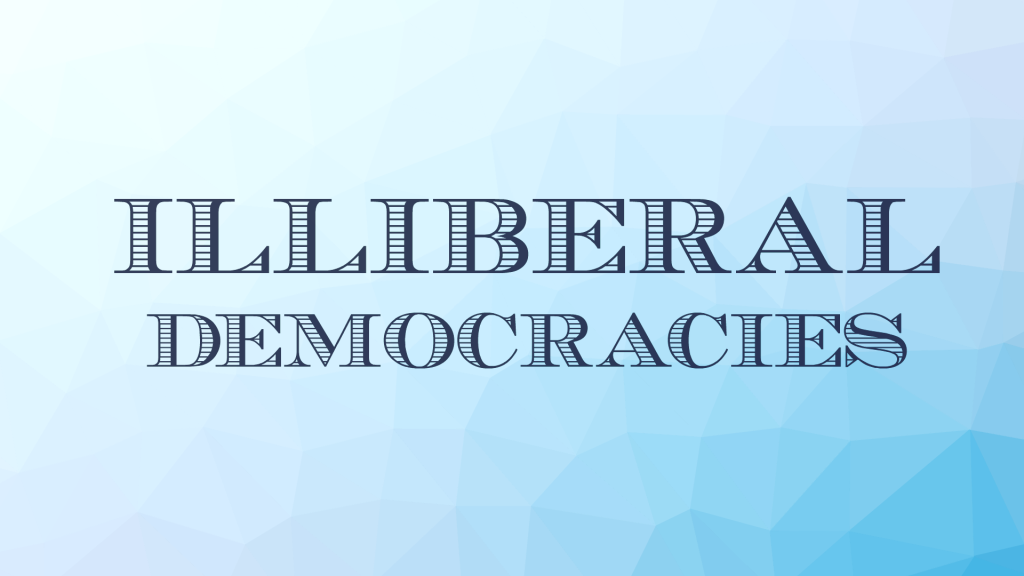![Trump’s Gambit with Piotr Buras [PODCAST] Trump’s Gambit with Piotr Buras [PODCAST]](http://4liberty.eu/phidroav/2025/08/Liberal-Europe-Podcast-2024-39-1024x1024.png)
Trump’s Gambit with Piotr Buras [PODCAST]
What game is President Donald Trump playing with Vladimir Putin? Is peace in Ukraine attainable? And what is the role of the EU in the negotiations, if any? Leszek Jazdzewski (Fundacja Liberte!) talks with Piotr Buras, the Head of ECFR\'s Warsaw office and a Senior Policy Fellow at the European Council on Foreign Relations.



![EU Response to Trump with Philippe Legrain [PODCAST] EU Response to Trump with Philippe Legrain [PODCAST]](http://4liberty.eu/phidroav/2024/12/Philippe-Legrain-1469x800-1-1024x561.png)
![Presidential Elections and the Situation in Russia with Denis Bilunov [PODCAST] Presidential Elections and the Situation in Russia with Denis Bilunov [PODCAST]](http://4liberty.eu/phidroav/2024/03/Episode-196-1469x800-1-1024x561.png)



